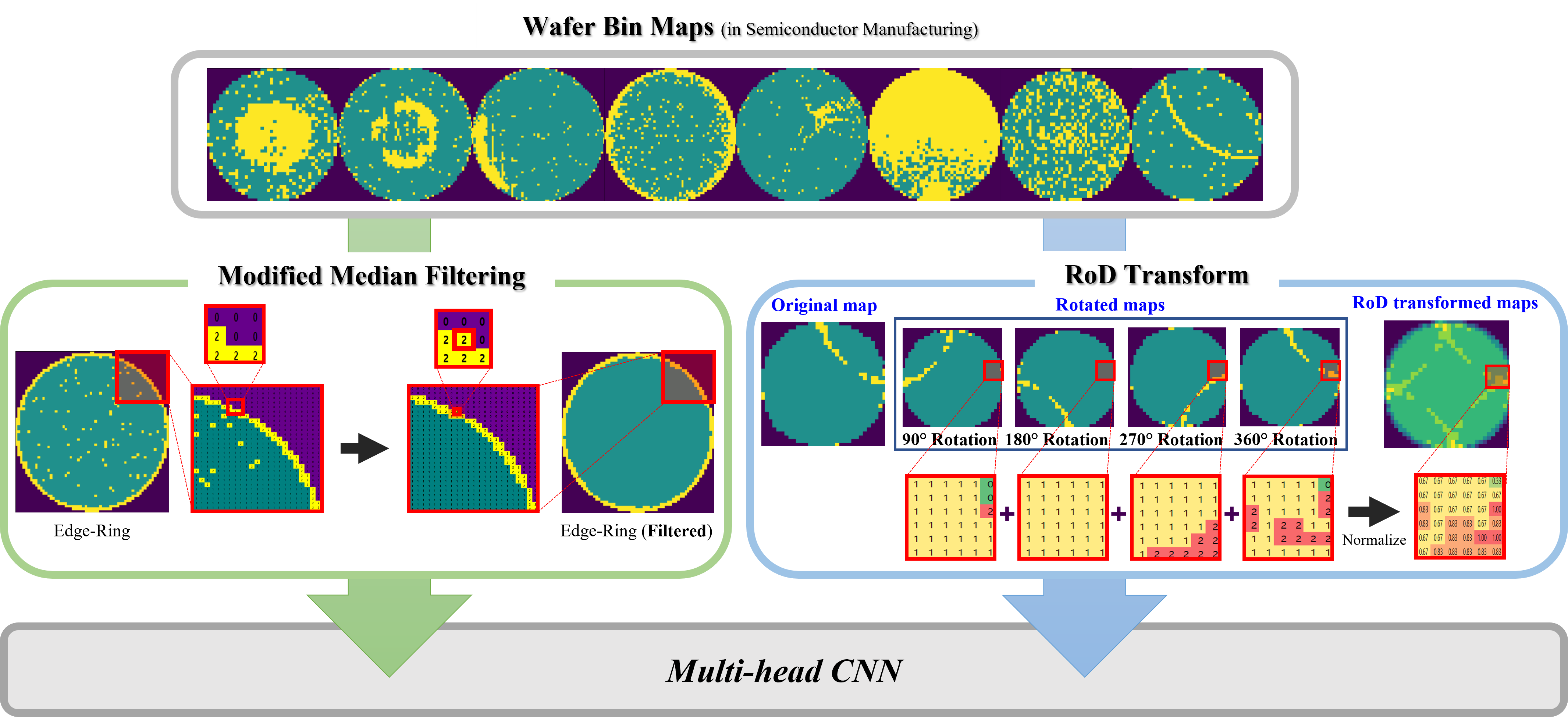IJPEM-GT
Effects of Physicochemical Properties of Different Base Oils on Friction Coefficient and Surface Roughness in MQL Milling AISI 1045
Changhe Li, Zhanqiang Liu/Qingdao University of Technology
-
Keywords :
Milling,
Minimum quantity lubrication,
Different base oil,
Physicochemical property,
Sustainable machining
-
Minimum quantity lubrication (MQL) is an emerging green and resource-saving machining technique jetting minute amount lubricants and gas after mixing and atomization. However, MQL development is restricted to mineral oils because of its undegradability and threat to the environment and human health. Vegetable oils can replace mineral oils as base oil for MQL benefitting from its biodegradability and renewable property. Nevertheless, the lubrication mechanism at the tool-workpiece interface of different vegetable oils with various physicochemical properties has not been revealed systematically. In order to verify the interfacial lubrication characteristics of different vegetable oils, MQL milling experiments of AISI 1045 based on five vegetable oils (cottonseed, palm, castor, soybean, and peanut oils) were carried out. The experimental results showed that, palm oil obtained the lowest milling force (Fx=312 N, Fy=156 N), friction coefficient (0.78), and surface roughness values (Ra=0.431 μm, RSm=0.252 mm) and the smoothest surface of workpiece. Furthermore, the physiochemical properties (composition, molecular structure, viscosity, surface tension, and contact angle) of vegetable oil were analyzed. Palm oil with high content of saturated fatty acid, high viscosity and small contact angle can form the lubricating oil film with the highest strength and the largest spreading area at the tool-workpiece interface. Therefore, palm oil can achieve the optimal lubrication effect.
 메뉴열기
메뉴열기
